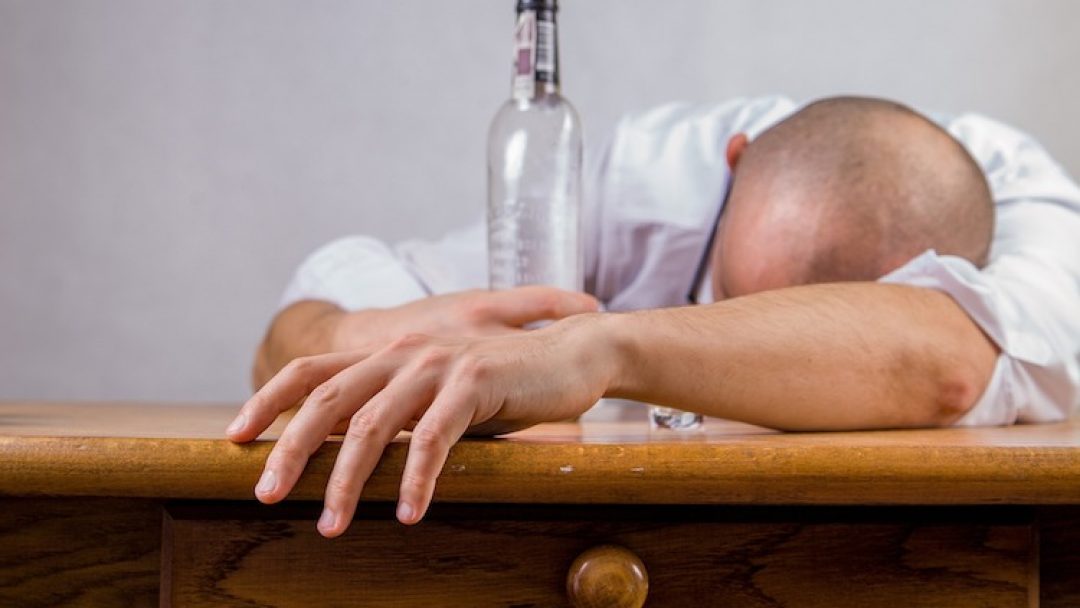Many adults enjoy an alcoholic drink, whether after work, on special occasions, or simply to unwind. While an occasional drink may not be all too harmful, drinking regularly, or in excess, can cause problems for the body, including your organs, as well as increase the likelihood of a person becoming dependent on alcohol to be able to function throughout the day. By understanding the ways in which alcohol can affect your body, including the damage it can do, you can better equip yourself to say no to alcoholic drinks, and even reduce the likelihood of future harm.
Effects on the Eyes
After a few drinks, when you reach a certain stage of tipsiness, you may find it difficult to focus. Your right or left eye jumping can also be a sign that the alcohol you have imbibed is affecting your nervous system. While it may feel funny, it is not a good thing. When this does occur, you should stop drinking, and give it a rest for a set period of time. Lowering your weekly consumption, and having days where you do not consume alcohol at all, can also help to reduce the likelihood of this occurring in the first place. Eye twitching that doesn’t subside after you have stopped drinking may be a sign of other neurological conditions so, if you are concerned, it is a good idea to get it checked out.
Liver Damage
While a night of drinking here and there is unlikely to cause severe liver damage, it can build up over time. Some of the signs of liver damage can be fluid retention, which may make your limbs look puffy and out of proportion, which is caused by scar tissue on the liver. When healthy liver cells stop growing, your body will also have a reduced ability to process and remove alcohol. Yellowed skin or eyes can also be a sign that the liver is no longer working as it should be. One of the main concerns – that can frighten people – includes blood found in the urine or faeces. When symptoms occur, it is important that they are checked immediately, as liver damage and failure will also increase the likelihood of you developing cancer of the liver.
False Bravado
A number of people often speak about using ‘Dutch courage’, which involves consuming alcohol to make them feel more confident about something they have to do. Alcohol can lower a person’s inhibitions, making them more likely to do or say something that, usually, they may feel anxious about. While alcohol may give a person the means to do this, it actually covers up problems within the person, such as poor self-esteem, that would be better off being addressed. On top of this, false bravado can also increase the likelihood of individuals engaging in risky behaviour, such as unsafe sex, or even violence.
Limiting the amount of alcohol that you consume each week can be good for your mental and physical health. You don’t need to cut it out completely, but a significant reduction will lower the likelihood of harm.








